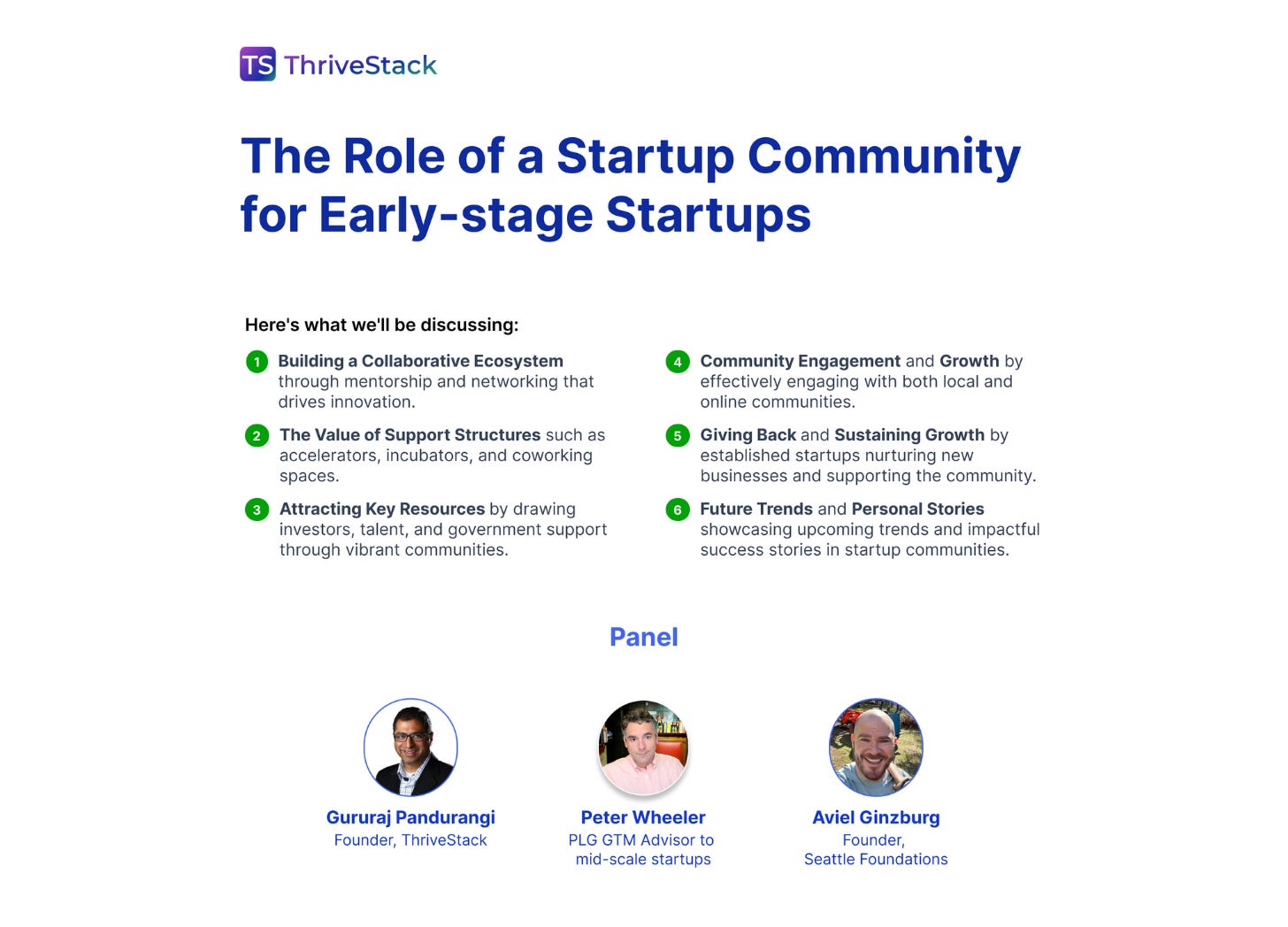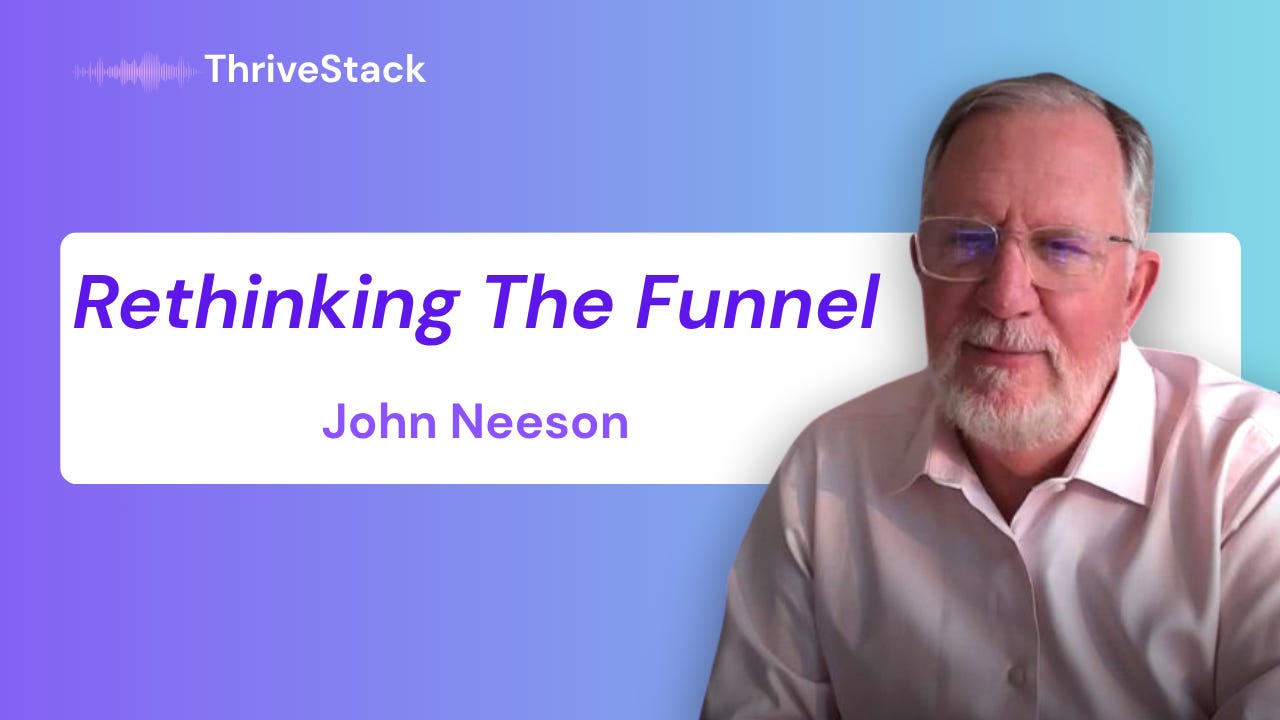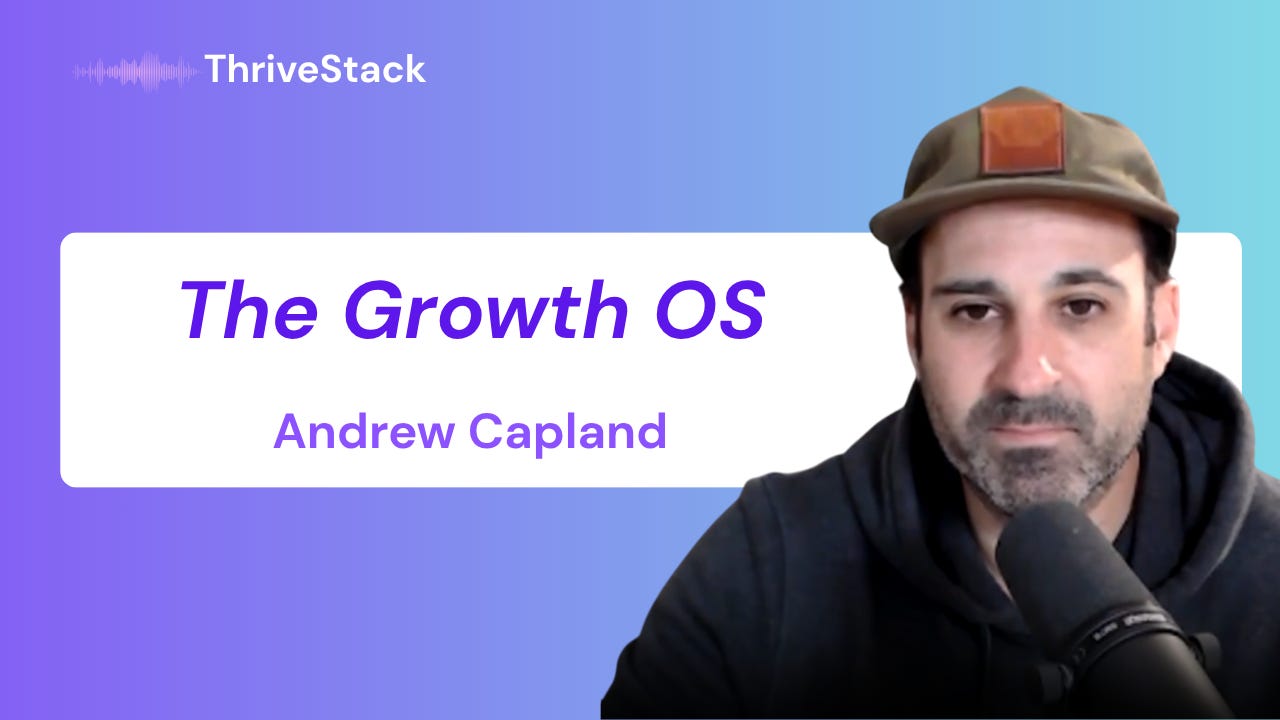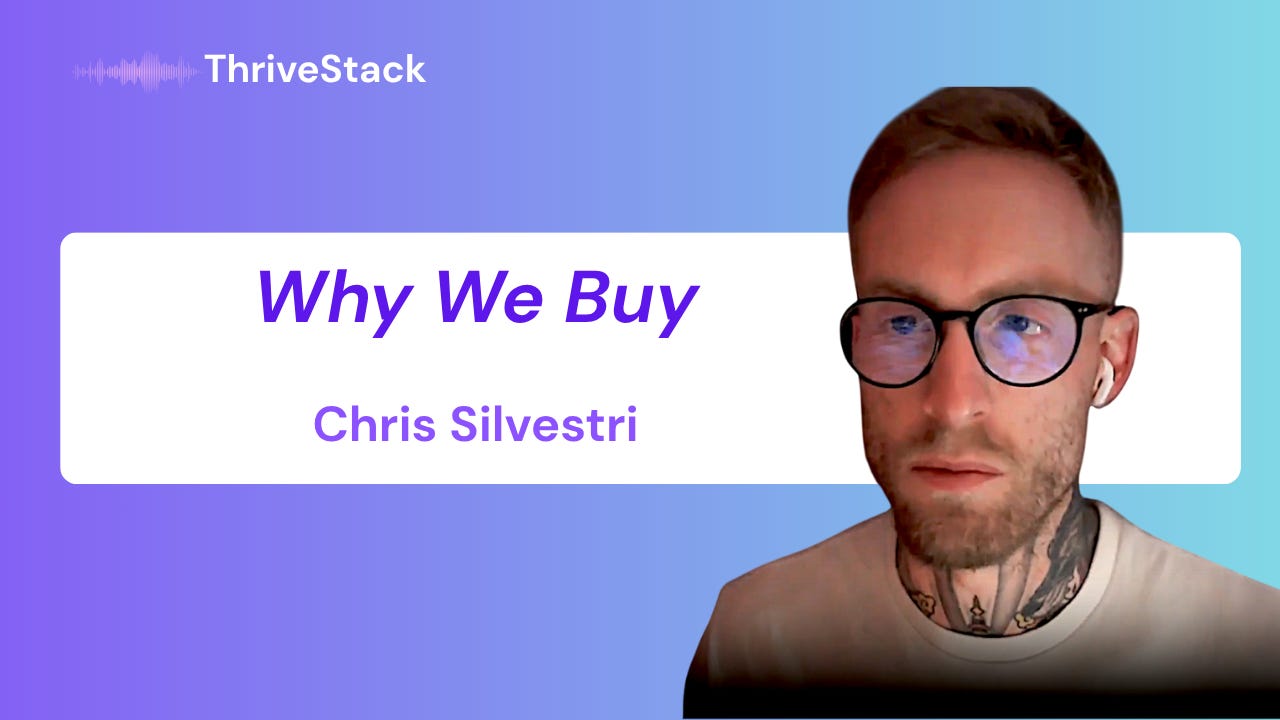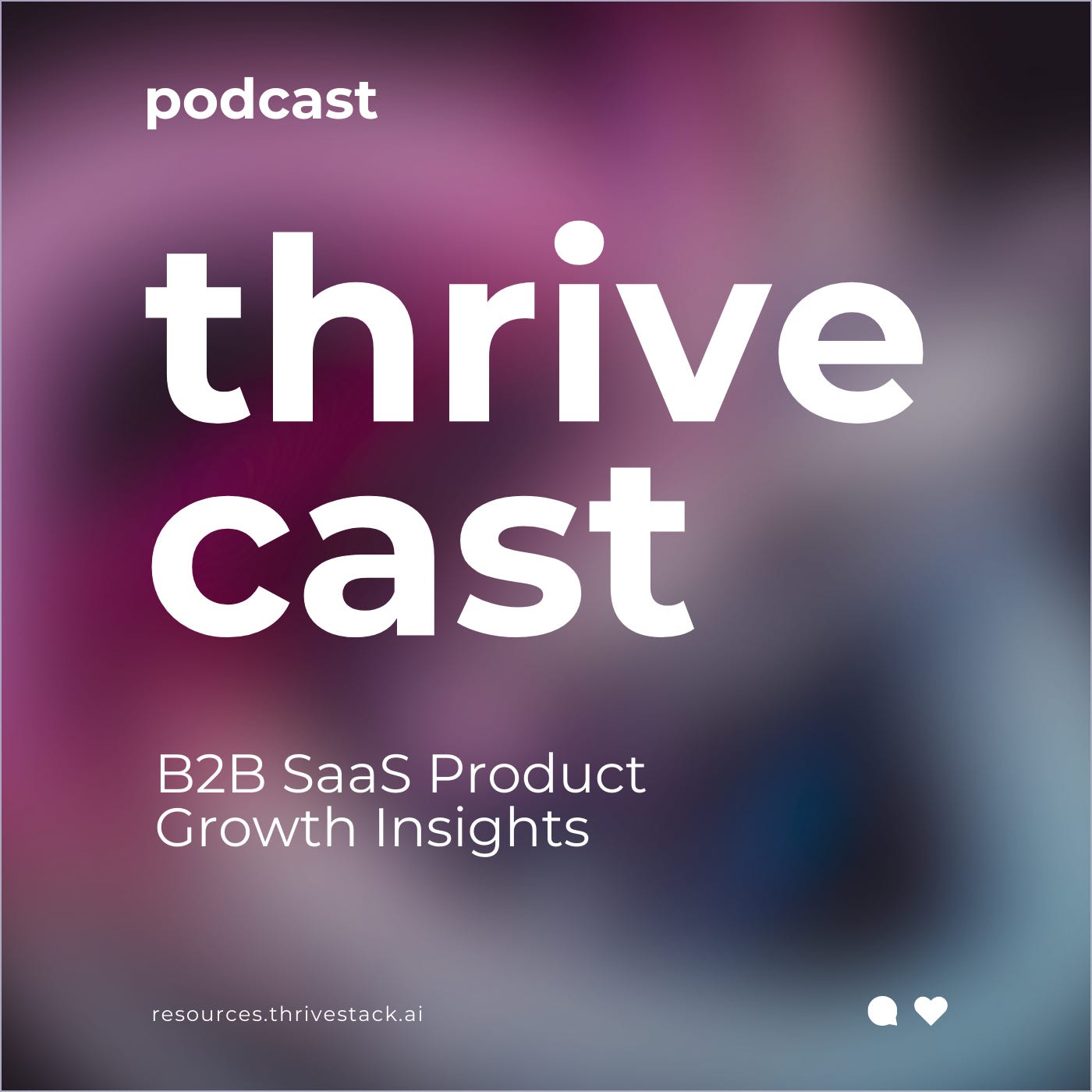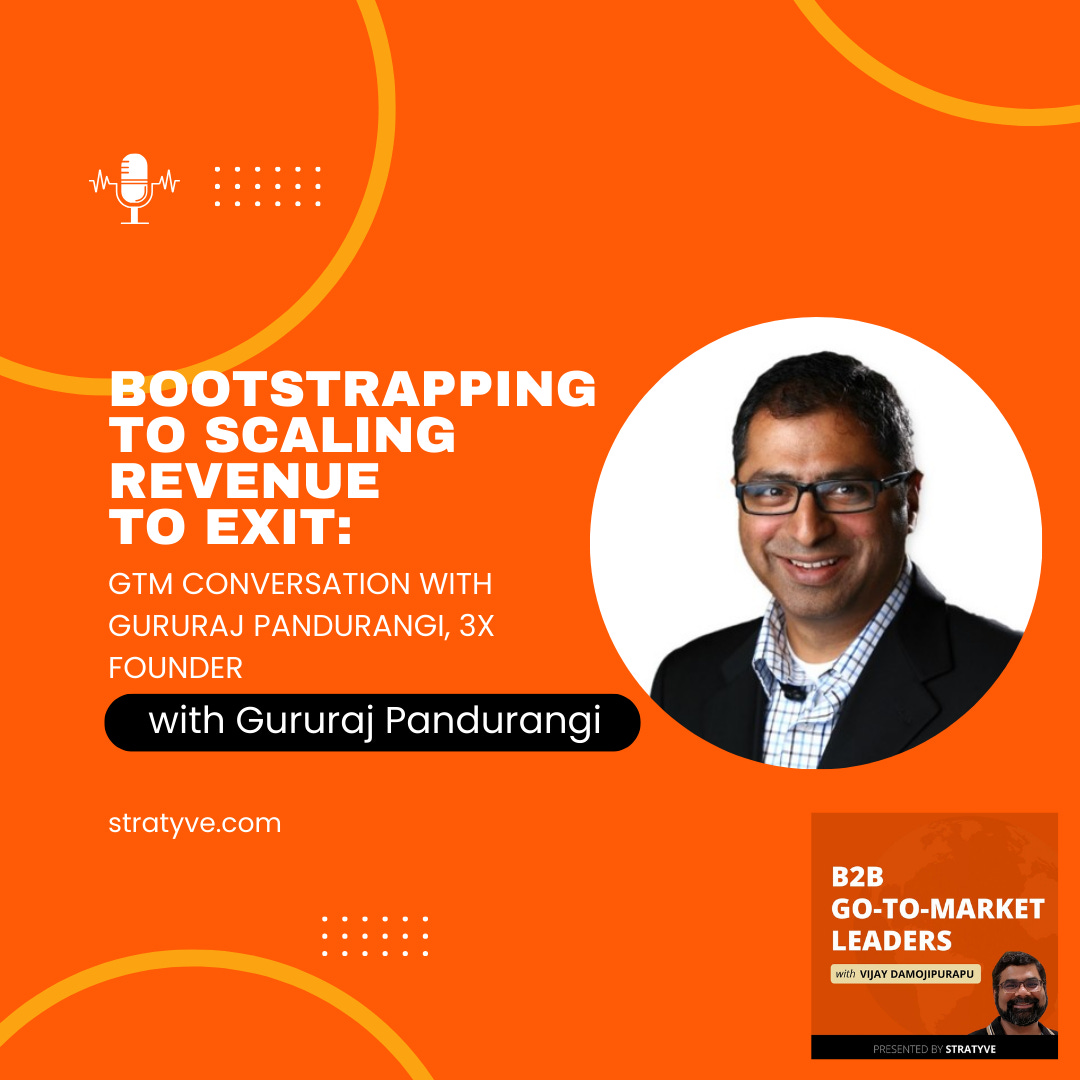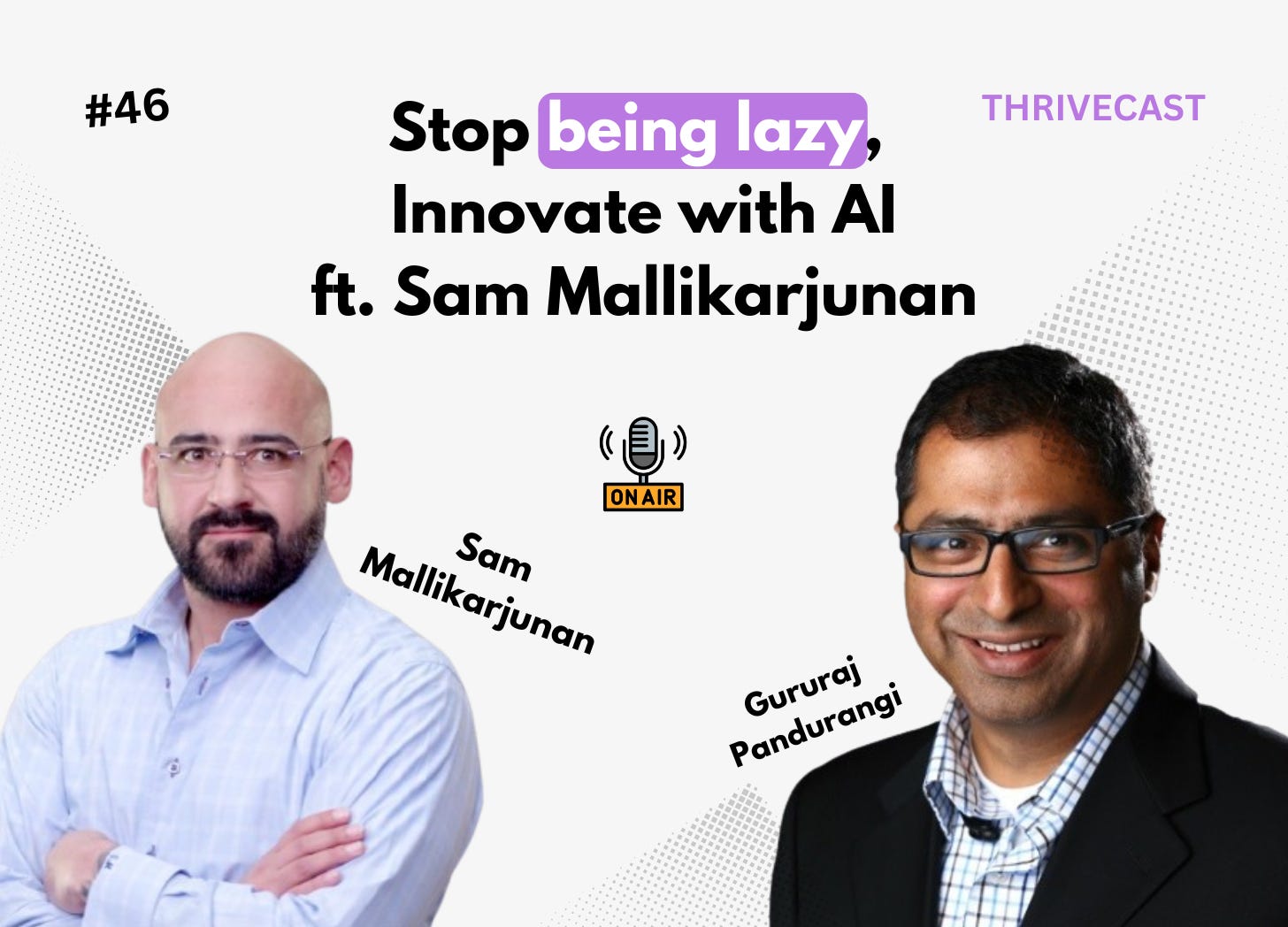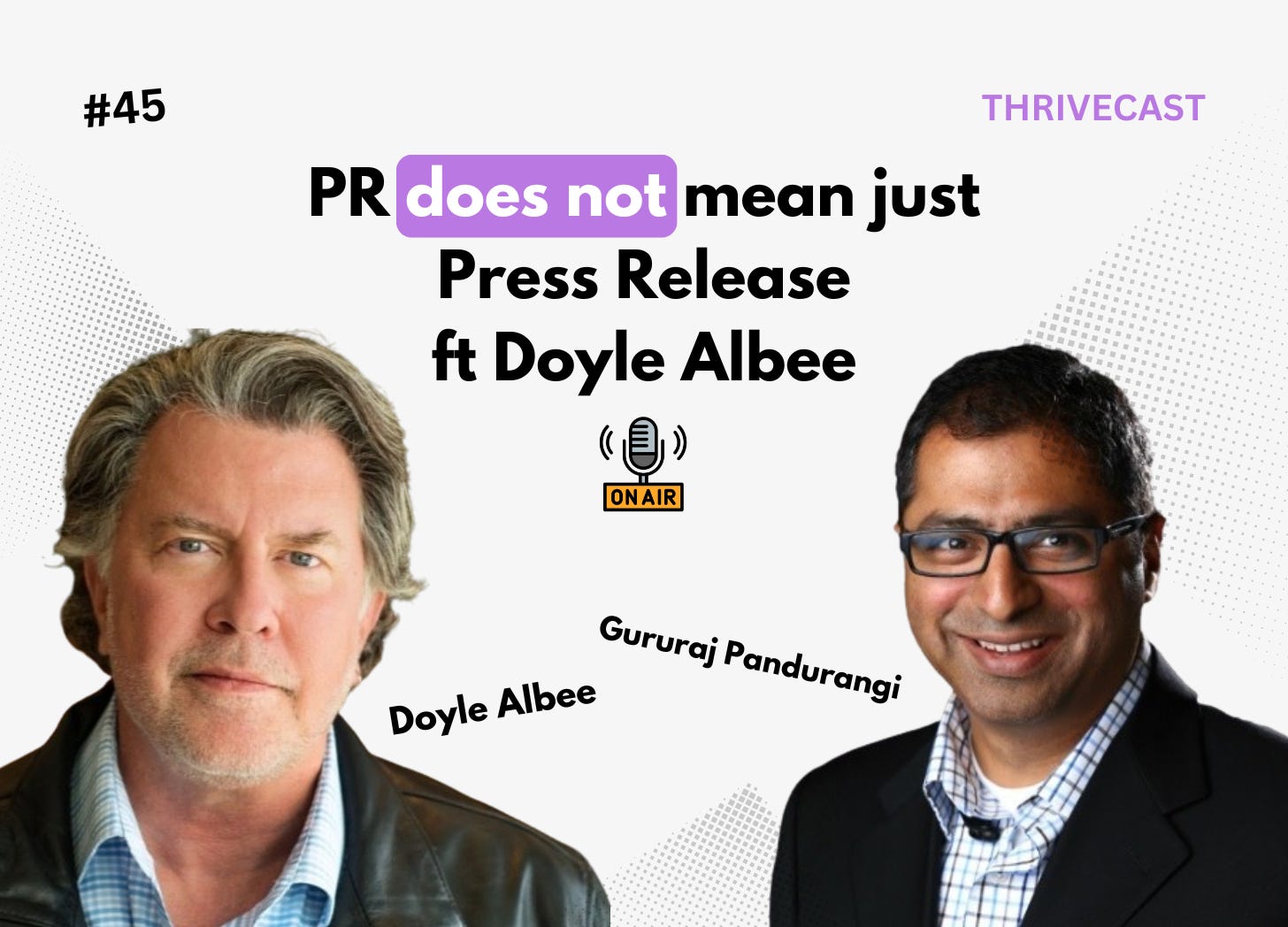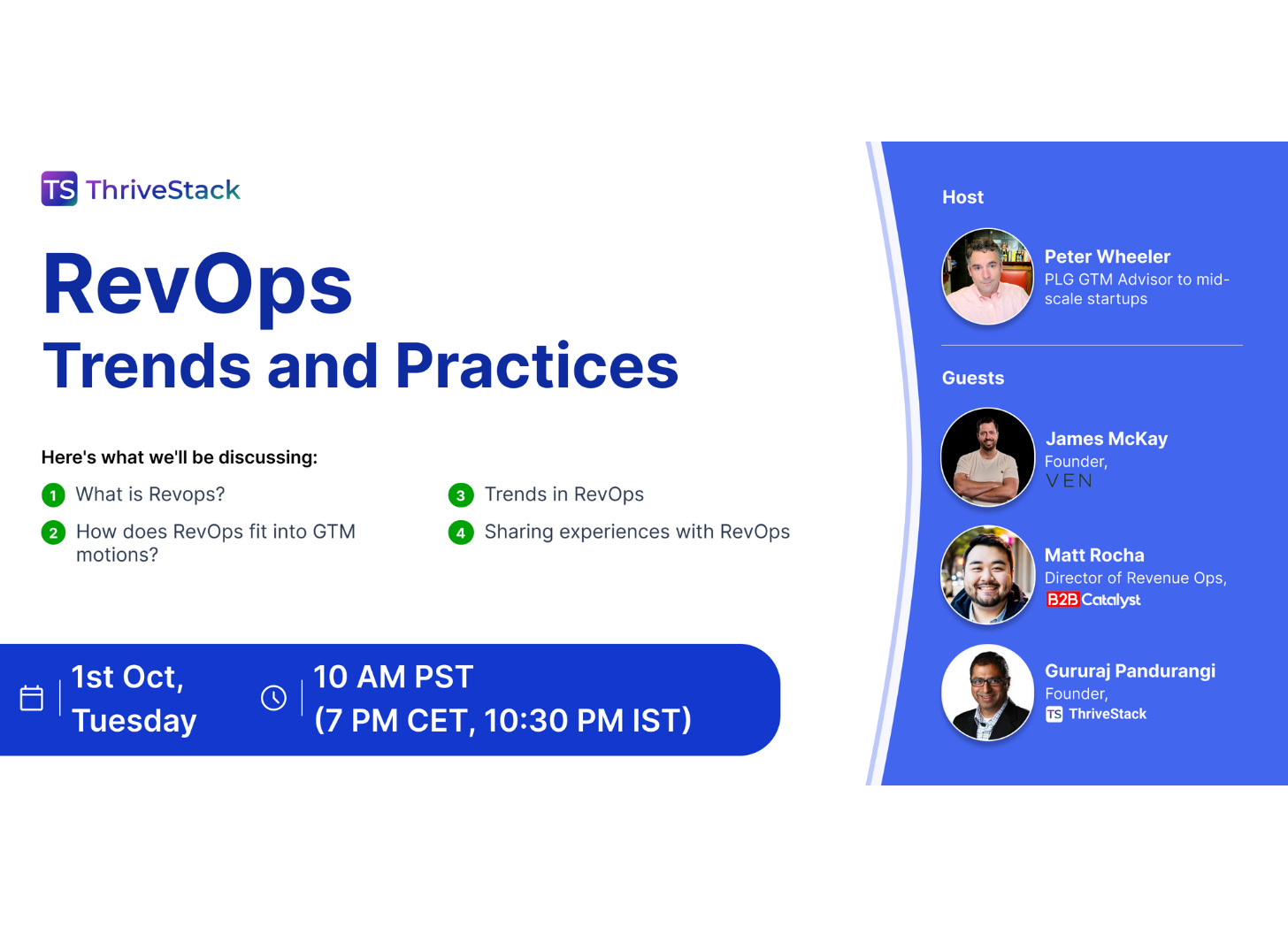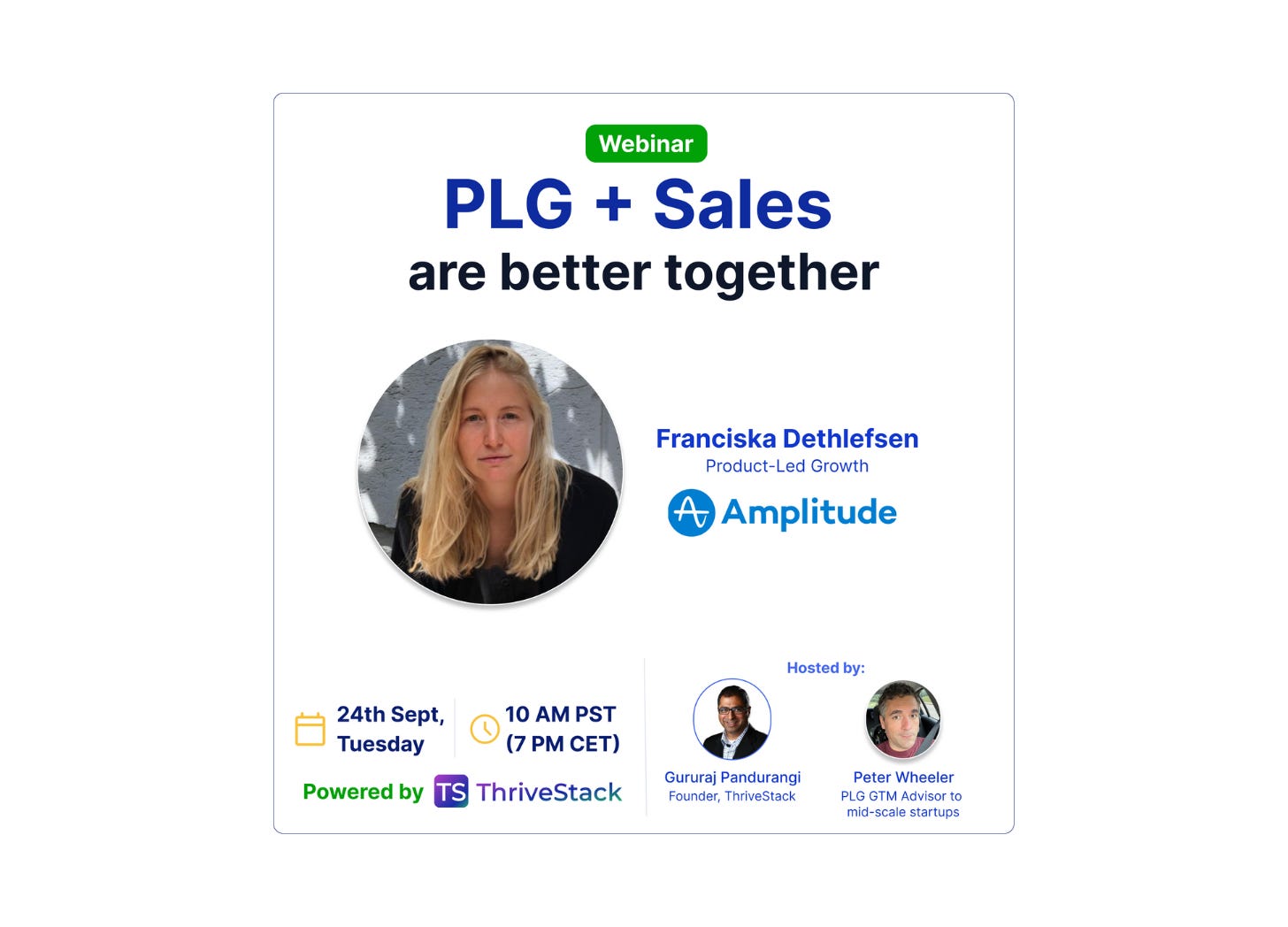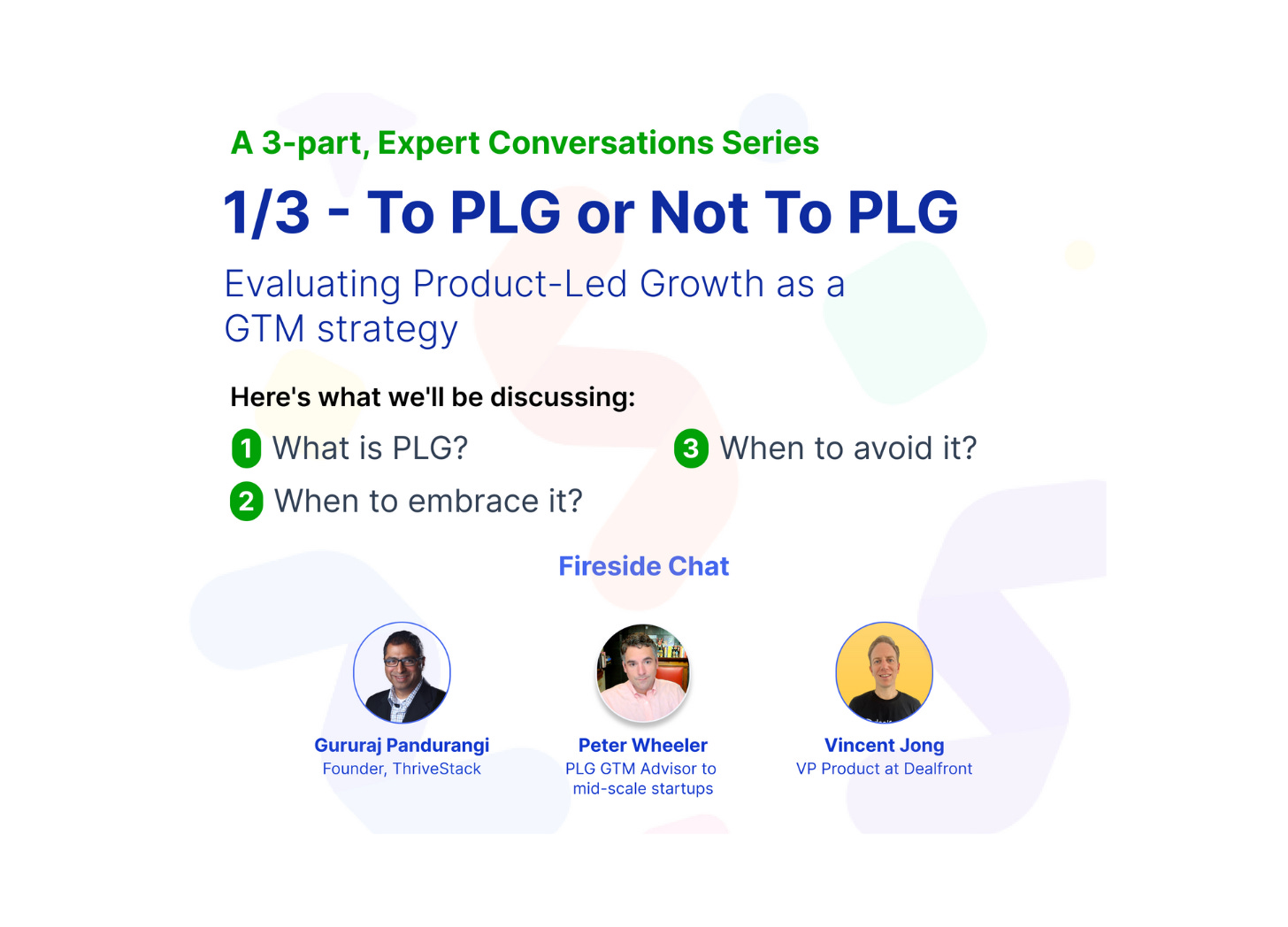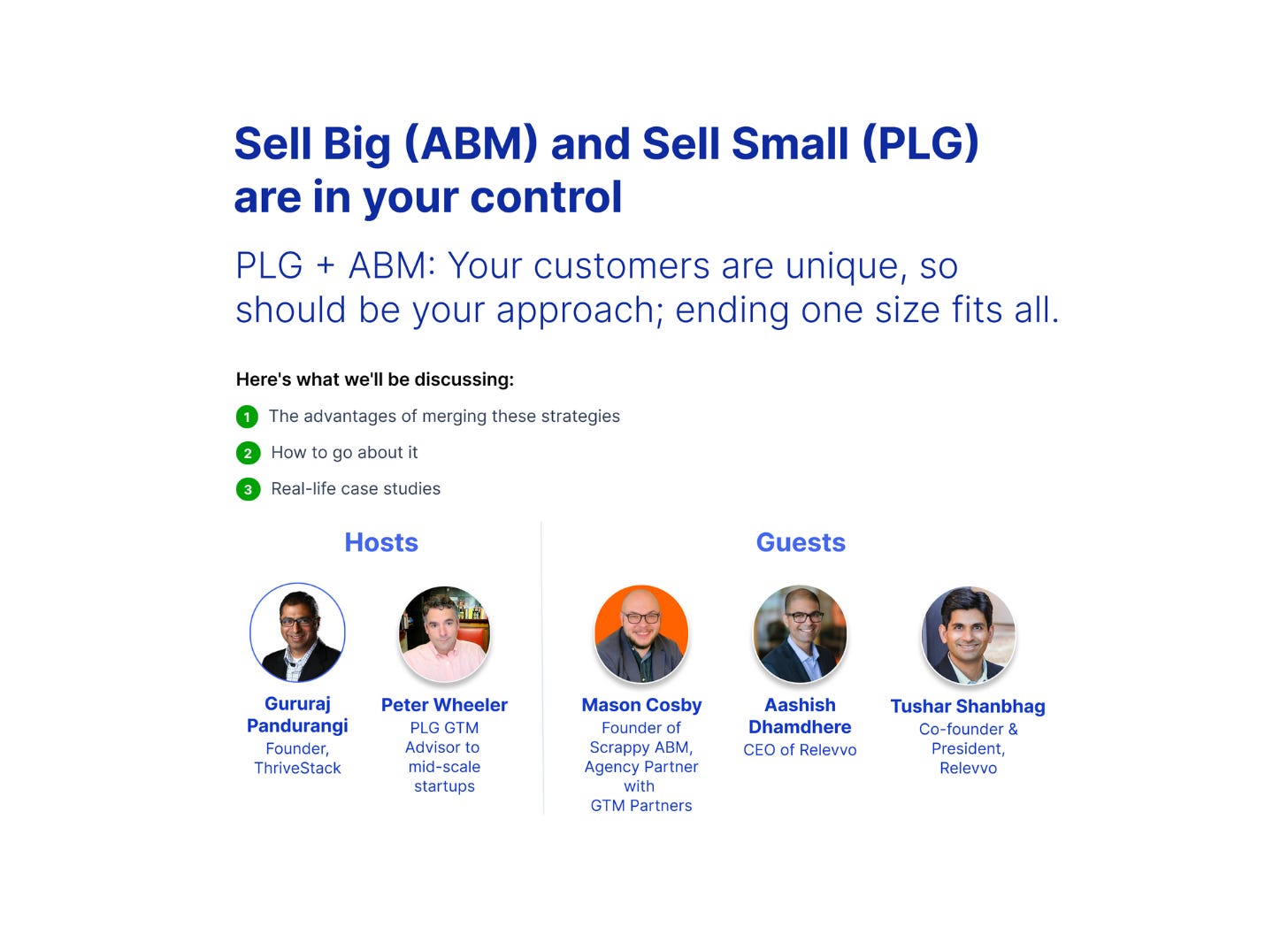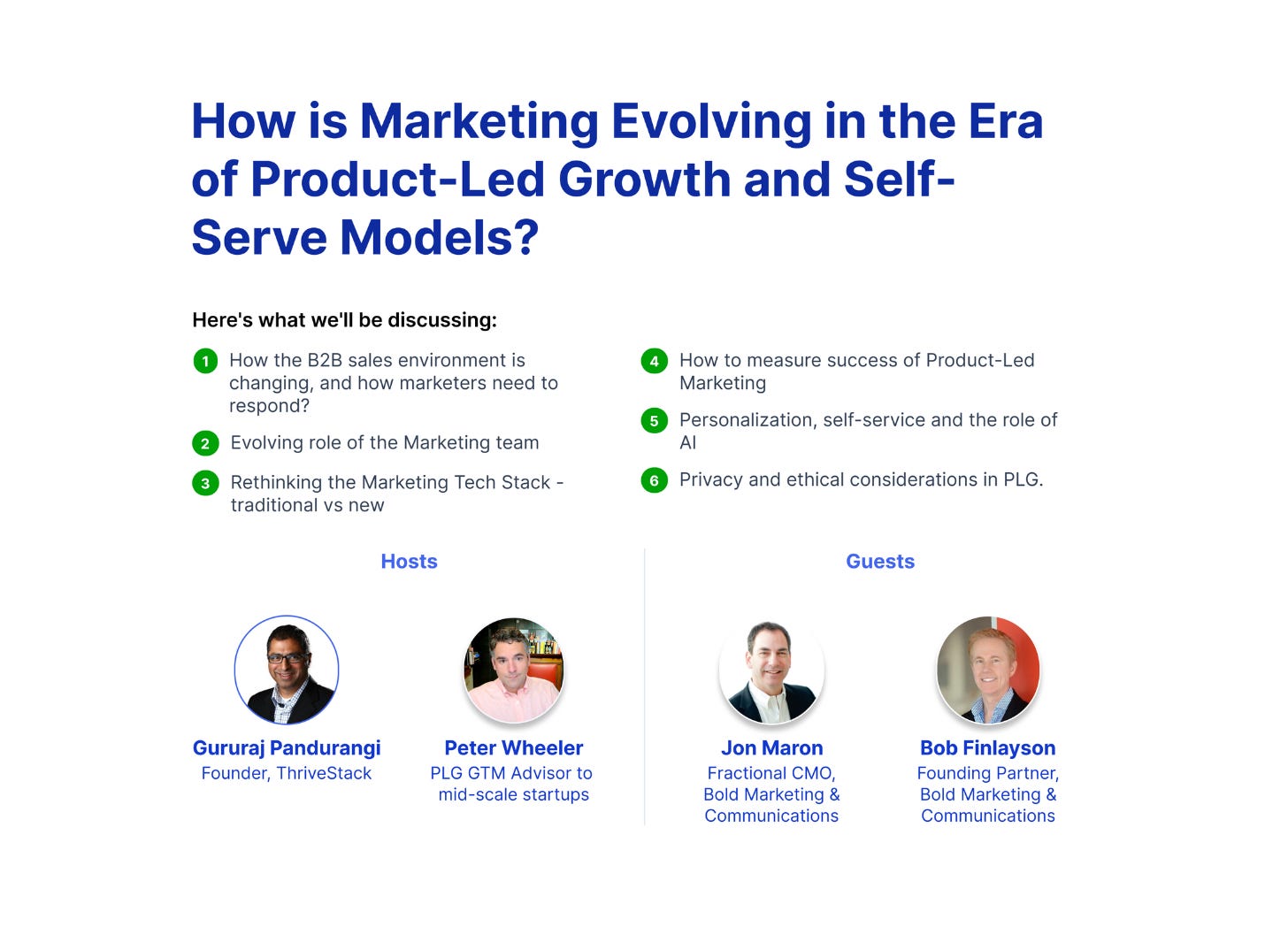The Role of a Startup Community for Early-Stage Startups
Description
Today, we’re exploring what makes startup communities powerful engines for early-stage founders. In our recent webinar, Aviel Ginzburg—an experienced founder and investor—shared his thoughts on building strong, supportive ecosystems.
Aviel has journeyed from software engineer to VC, offering insights on what makes a startup community thrive: connections, mentorship, and the spark of serendipity that can change everything.
Setting the Scene: Startup Communities and Serendipity
Startup journeys are rarely linear. And, as Aviel Ginzburg pointed out, it’s often serendipity—those unplanned encounters and unexpected opportunities—that shapes an entrepreneur's path. However, not all communities foster these kinds of moments equally.
Places like Silicon Valley have perfected the art of the "chance meeting," with daily meetups, networking events, and collaborative workspaces. Seattle, on the other hand, faces unique challenges. Despite being home to significant tech talent, it often lacks the spontaneous interactions that drive connection and growth.
For Aviel, his experience moving from New York to Seattle was eye-opening. Unlike the Bay Area, where networking is as natural as breathing, building a meaningful community in Seattle took intentional effort and the willingness to reach out. It meant going beyond comfort zones, showing up at events, and, most importantly, understanding that every conversation could open new doors.
The Gaps in the Seattle Ecosystem: A Quick Breakdown
What’s missing in Seattle's startup scene? It’s not talent—Seattle is packed with some of the best tech minds in the world. The challenge lies in connection and culture. Here's how Aviel breaks it down:
* Talent, but Not Enough Founders: Seattle attracts tech talent primarily for big players like Amazon and Microsoft. Many individuals come for the stability of working on established products, but fewer are motivated to take the leap into creating new categories or founding startups.
* Risk-Averse Culture: Historically, Seattle has roots in Nordic culture, which brings a certain level of conservatism. The result? An environment where taking big leaps into the unknown, such as starting a company, feels less natural compared to more risk-tolerant cultures.
* Fragmented Connections: Unlike San Francisco, where chance meetings and startup events happen daily, Seattle’s community is more spread out. The startup ecosystem has been siloed, making it harder for emerging founders to connect with potential mentors, investors, or even co-founders.
Takeaway: Building a community that facilitates serendipitous connections is crucial for startup growth. It’s not about forcing a culture change but creating more spaces and opportunities for people to connect organically.
The Anatomy of a Thriving Startup Community
According to Aviel, building a successful startup community means having the right mix of people playing specific roles. Here’s what it takes:
* Givers & Takers: A strong community needs active contributors who are willing to share their time, advice, and support (the "givers") and founders eager to learn and implement (the "takers"). The key is balance—no pure takers, as it drains the community's energy.
* Enablers: This includes investors who do more than just write checks—they open doors, provide resources, and act as connectors to drive growth. Aviel prefers the term “enablers” over “investors” because it encompasses the broader role they play in a startup’s journey.
* Connectors: These individuals or spaces bring people together. Connectors could be events, co-working spaces, or even online communities where founders, mentors, and enablers converge to share experiences and spark opportunities.
* Active Participation: Observers, or “tourists,” can be counterproductive to a community. They attend events without contributing, potentially sapping energy and engagement from those who are actively building and giving back.
Core belief: A thriving community is an energy engine, where everyone is contributing, learning, and evolving together. Each role is vital, and it’s the interplay of these dynamics that sustains growth and connection.
Accelerators, Incubators, and Studios: What’s right for you?
Accelerators: Speeding Up the JourneyFor startups that have a defined idea and are ready to push forward, accelerators are the fast lane. They provide mentorship, funding, and a network to help startups move quickly to validate or pivot their ideas. Time is of the essence, and accelerators give founders the urgency and resources to find success—or learn from failure—faster.
Incubators: Nurturing Ideas from Seed to GrowthIf you’re in the early, conceptual phase, incubators act like greenhouses. They provide an environment to explore, test, and nurture ideas before they’re ready to become full-fledged startups. The incubator's role is to provide foundational support, helping ideas evolve through mentorship and collaboration.
Studios: Co-Pilots in BuildingA startup studio operates differently—it’s where experienced builders team up with founders to create companies. Studios often start with validated ideas and provide both hands-on support and resources to help founders build and scale quickly. They are an excellent fit for second-time founders or those who want to leverage existing expertise.
The Common Thread: Saving TimeEach of these support structures focuses on the same crucial goal: saving time. By providing mentorship, access to networks, and the right environment to grow, they allow founders to either speed up their path to market or pivot more effectively when needed.
A New Approach to Building Community
Imagine a community where founders, operators, and experienced entrepreneurs share the same space, creating connections that fuel growth. That’s the vision Aviel Ginzburg has for Foundations in Seattle—a space designed to unite people at every stage of their startup journey.
* Early-Stage Founders: Those who have just left their corporate jobs or are fresh out of startup accelerators. They’re building from the ground up, seeking camaraderie, and feeding off each other’s energy.
* Operators at Series A to C Companies: Entrepreneurs who are scaling their businesses, looking to step away from their daily operations to gain fresh perspectives and connect with others on a similar path.
* Successful Exits & Seasoned Entrepreneurs: Founders who’ve been through the journey and are ready to give back, investing their time, energy, and insights to help the next generation succeed.
A Space for SerendipityFoundations isn’t about rigid programs or structured mentorship—it’s about shared space, organic conversations, and creating those “magic moments” when people come together. The goal is to provide a physical place where rhythms meet: founders bouncing ideas off seasoned entrepreneurs, connections forming naturally, and a sense of community that energizes and supports its members.
Although Foundations is set to officially launch at the end of the month, it’s already bringing together some of the brightest minds in the Seattle startup scene. Aviel’s belief is simple: if you bring the right people together, magic happens.
Challenges and Opportunities
In any startup community, there’s always a balancing act between challenges and opportunities. Here’s how Aviel describes the current dynamics of the Seattle scene:
Challenge:
a. Finding the Right Giver-Taker Balance
For a thriving startup community, the right balance of contributors (givers) and learners (takers) is crucial. Aviel emphasizes that Seattle faces a shortage of active “givers”—people who not only have the experience but are willing to actively mentor, connect, and invest in others. Without this balance, communities struggle to sustain the flow of knowledge, support, and growth.
b. Siloed Efforts and Disconnected Events
Seattle is full of startup events, investor meetups, and individual programs, yet many of these operate in silos. This fragmentation makes it hard for founders to know where to turn for support and mentorship. Unlike a unified community that connects founders with the right resources, Seattle’s ecosystem can feel like scattered islands of opportunity.
Opportunity:
A Unified, Connected Ecosystem!
Despite the challenges, the potential for growth is immense. Aviel’s vision for Foundations aims to be that unifying force, breaking down barriers between siloed events and creating a more cohesive, collaborative network. By bringing people together—whether they’re fresh founders, investors, or experienced entrepreneurs—the hope is to create a startup community that fosters serendipity and builds stronger connections.
Takeaway: It’s a journey, but with intentional efforts to connect, support, and mentor, the Seattle startup ecosystem can evolve into a thriving, unified community that supports every founder’s journey

